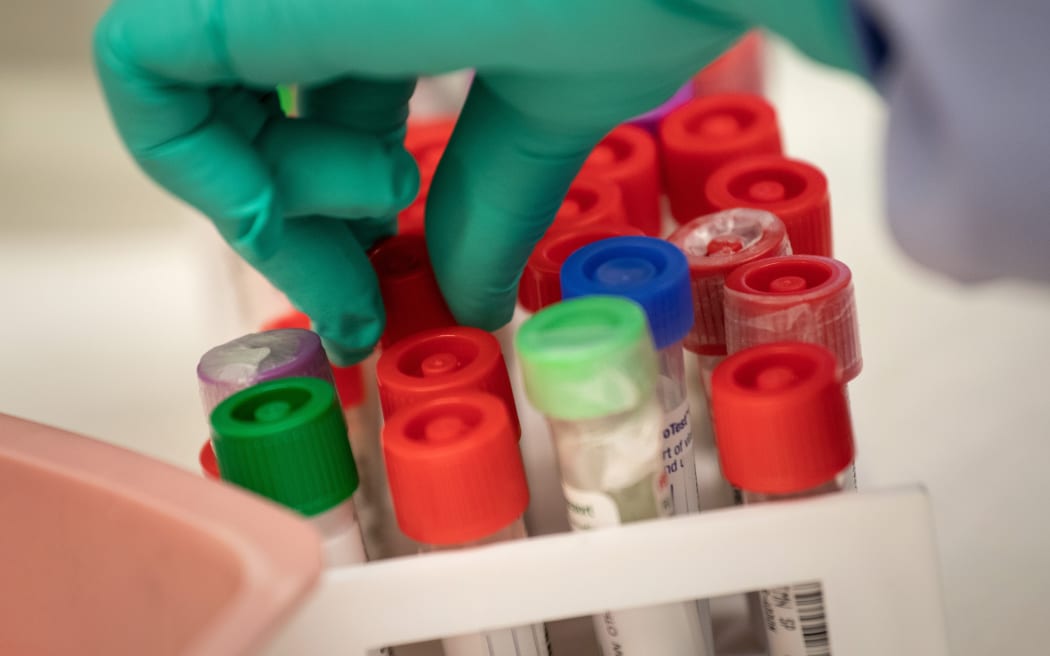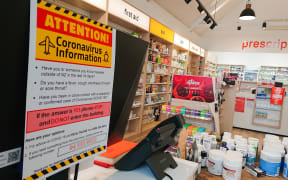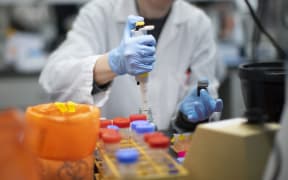Enough Covid-19 testing is happening in New Zealand to establish that early cases of community transmission are occurring, a University of Auckland lecturer says.

Photo: AFP
Associate Professor of molecular medicine and pathology Mark Thomas told Nine to Noon the rate of testing is about right in New Zealand currently.
ESR have done 7400 laboratory tests since the first case came into the country in late February - more than 1000 of which were done yesterday.
Thomas said the risk of doing too much testing is that it will overwhelm the country's laboratories and it should be done only when it is justified rather than on a patient's request.
"We're getting enough data to identify already what looks like community transmission occurring in New Zealand - early cases.
"Most of the testing has identified people who have come back from overseas and who have acquired the virus overseas.
"We've all known for some time that it would only be a matter of time before cases were transmitted in New Zealand and it would only be a matter of time before the overwhelming majority of cases will be ones that were acquired in New Zealand.
"There's no way that that's not going to happen."
Some other health experts have called for more testing to be undertaken.
Sir David Skegg told Nine to Noon that he wants more urgent testing now and says we're only eight days behind where the UK is now with coronavirus.
Thomas said there was no room for complacency as cases exponentially grow.
However, he said the country is doing enough testing and there is strong case to not over-test during the pandemic.
"Now is the time when we can make a big difference... there is no room for complacency. A small number of cases in New Zealand doesn't mean there won't be plenty in a week's time."
Thomas said regarding exponential growth, if the country has 50 cases now, and it's doubling every three days that would mean 400 cases in nine days' time and 1600 cases in 15 days. "That is terrifying."
Asked to describe how the virus is tested, he said it affects people's respiratory mucoza which sheds it into the mucus in our noses and lungs and the saliva in mouths.
A swab is collected from the nasal mucus for testing or some sputum that is coughed up and then sent to a laboratory for DNA-type testing.





